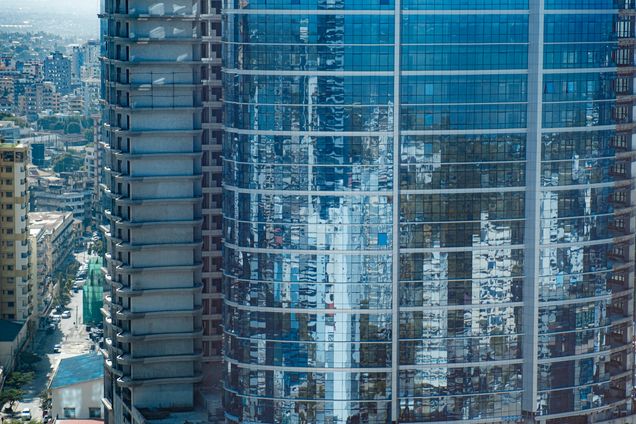The International Monetary Fund and Quota Reform: Background and Key Considerations

As the global economy faces increasing challenges in the aftermath of the COVID-19 pandemic, and as interest rates continue to rapidly rise in the United States and across the Global North, emerging market and developing economies (EMDEs) are facing a perfect storm of high inflation, increased borrowing costs and surging debt levels. Against this backdrop, the International Monetary Fund (IMF) is preparing to undertake its 16th General Review of Quotas, after concluding the 15th General Review of Quotas with no increase.
How does the IMF’s quota system work and what themes should animate the discussion during the General Review?
A new working paper by Lara Merling and William N. Kring explains the IMF quota system and identifies five crucial policy-oriented research questions to inform proposals for comprehensive reform at the 16th General Review of Quotas.
The authors determine that for the IMF to remain a credible anchor of the Global Financial Safety Net (GFSN), and to be seen as legitimate by stakeholders in the global economy, the 16th General Review of Quotas must increase the institution’s permanent resources and result in more equitable voice and representation for EMDEs.
This working paper raises policy-oriented research questions to be addressed by proposals for reform of the IMF’s quota-based system:
- What is the adequate size of the IMF in the increasingly financialized and fragile global economy?
- How should the voice and representation of IMF members be adjusted to make the organization a truly more multilateral institution accountable to all members?
- How can the IMF, as the anchor of the GFSN, better coordinate financial stability measures throughout the global economy in a time of global crisis?
- What has been the impact of IMF conditionality and insistence on austerity on the Fund’s ability to fulfill its mandate and for its borrowers?
- Are viable alternatives to the IMF emerging, and what types of reforms are needed for the IMF to remain the anchor of the GFSN?
These questions formed the basis for discussion of a workshop hosted by the Boston University Global Development Policy Center in December 2022 entitled “Scaling-up the International Monetary Fund: Towards a Balanced Quota Reform,” featuring participants with diverse global perspectives. Resulting proposals for reform will be outlined in a forthcoming report.
Read the Working Paper